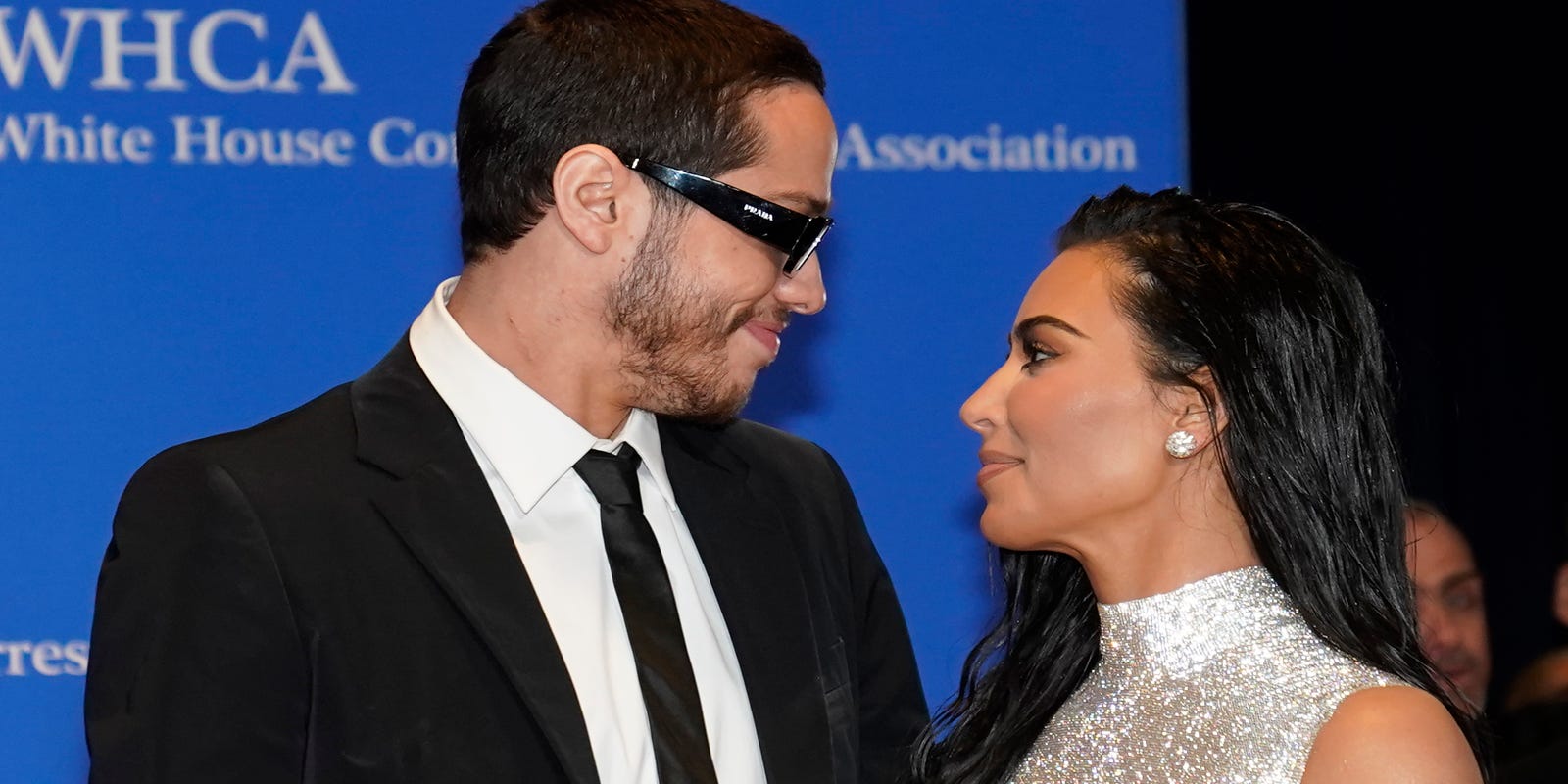Star-Studded Nights: A Glimpse into White House Correspondents' Dinner Legends

A Night of Silence: The White House Correspondents' Dinner Breaks Tradition
In a departure from recent years, the annual White House Correspondents' Association Dinner will forgo its traditional celebrity headliner this year. While past events have been star-studded affairs featuring comedians and entertainment personalities who delivered witty, often provocative monologues, the 2024 dinner will take a different approach.
Though no official speaker has been announced, the event promises to maintain its reputation as a unique gathering where media, political figures, and celebrities converge in a night of camaraderie and reflection. Longtime attendees might find this year's format intriguing, as the absence of a high-profile comedian shifts the focus back to the dinner's original purpose of celebrating journalism and press freedom.
For those nostalgic about previous years' memorable performances, a treasure trove of photographs from past dinners offers a delightful trip down memory lane, showcasing the glamour, humor, and unexpected moments that have defined this Washington, D.C. tradition.
